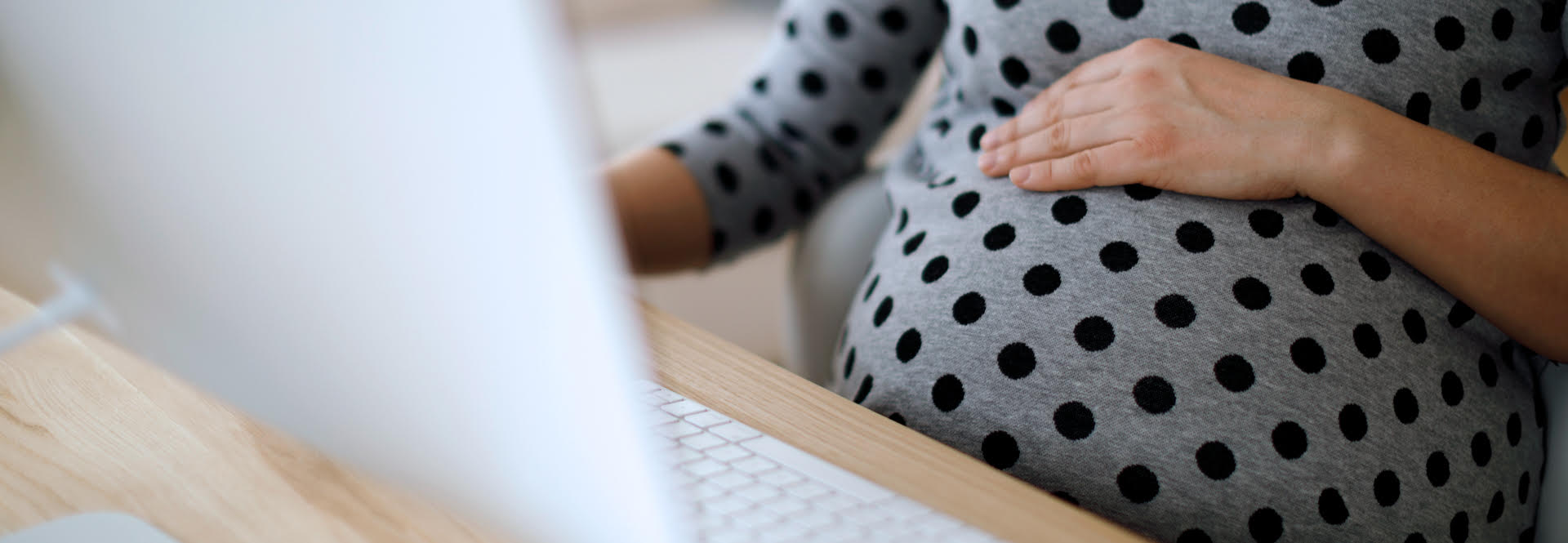
House passes a bill protecting pregnant workers: Were they not protected before?
On Sept. 17, the House voted to pass the Pregnant Workers Fairness Act by a 329-73 vote.
After almost 30 companies organized by the National Partnership for Women and Families, the American Civil Liberties Union and the National WIC Association sent a letter to Congress on Sept. 15 urging more protective legislation for pregnant workers, the House of Representatives has come through with passing a bill
The Pregnant Workers Fairness Act, or #PWFA on social media, was first introduced to the House by New York Rep. Jerry Nadler.
In addition to the organizing coalitions, the letter sent to Congress was also signed by 28 companies that included Microsoft, Patagonia, Unilever, Salesforce, and Mastercard.
The PWFA aims to eliminate discrimination and promote women’s health and economic security by ensuring reasonable workplace accomodations for workers whose ability to perform the functions of a job are limited by pregnancy, childbirth, or related medical condition according to the bill.
BREAKING: The House just voted to pass the Pregnant Workers Fairness Act by a vote of 329-73.
— ACLU (@ACLU) September 17, 2020
This critical, bipartisan bill will combat a form of pregnancy discrimination and protect the health, rights and economic security of pregnant workers across the country.
“Pregnancy is not a disability, but sometimes pregnant workers need an easy fix such as a stool or an extra bathroom break to stay on the job,” Nadler said, ahead of the vote on Thursday. “These accommodations are short in duration and typically cost very little to provide, but they can mean the difference between keeping your job or putting your pregnancy at risk.”
A big question to ask following what seems like a common sense passing is: How could a ruling so necessary just happen today? Over 40 years ago, the U.S. passed the Pregnancy Discrimination Act, which banned discrimination of employment solely on pregnancy, childbirth, or other medical complications.
To date, 31 states including the District of Columbia, as well as four cities have passed their own laws that require employers to provide accommodations for pregnant workers. Additionally, in 2013, 16 of those laws were passed as bipartisan legislation.
RELATED CONTENT
At the federal level, there are court litigations that have debilitated some of the federal law’s capabilities throughout a number of years that activists say have left holes in regulations.
The legislation was endorsed previously by the ACLU in October of 2019, and later by the U.S. Chamber of Commerce in January.
“By establishing clear guidelines and balancing the needs of workers and employers, this legislation will allow businesses to keep valued employees in the workplace, help ensure healthy pregnancies, and remove legal ambiguities that have led to litigation,” said Neil Bradley, the Chamber of Commerce executive vice president and chief policy officer.
He also lauded the success of what’s been a largely bipartisan effort.
“This is what happens when Republicans and Democrats work together,” said Bradley
The bipartisan vote was a win for pregnant women, as well as for those who believe in basic workers rights. This is a first step to ensuring that people do not need to choose between their jobs and having a healthy pregnancy. Now, onto the Senate! #PWFA











LEAVE A COMMENT: